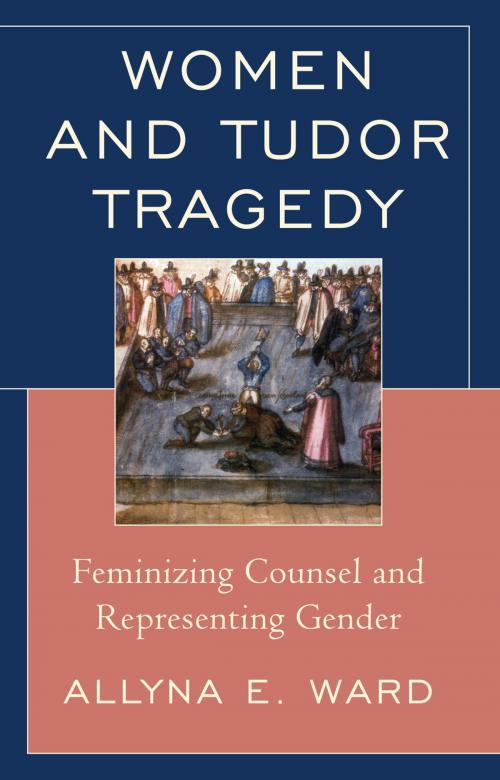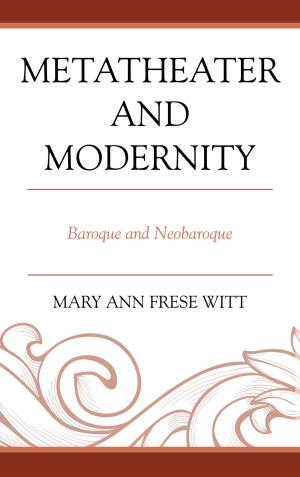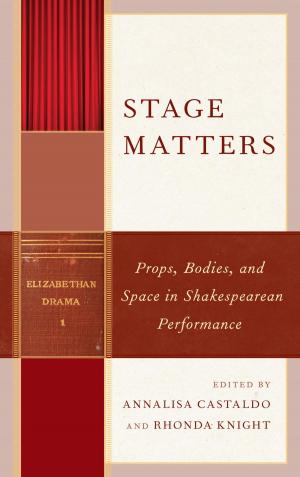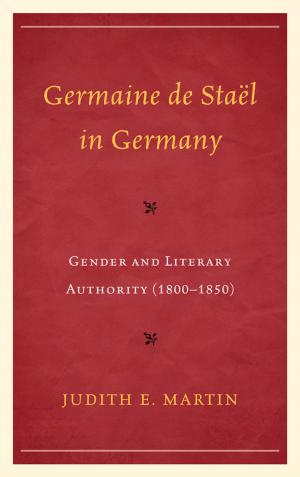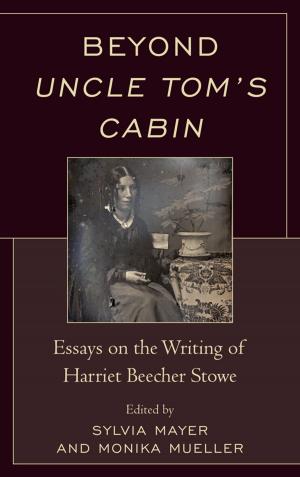Women and Tudor Tragedy
Feminizing Counsel and Representing Gender
Fiction & Literature, Literary Theory & Criticism, Feminist Criticism, Drama History & Criticism, British| Author: | Allyna E. Ward | ISBN: | 9781611476026 |
| Publisher: | Fairleigh Dickinson University Press | Publication: | March 22, 2013 |
| Imprint: | Fairleigh Dickinson University Press | Language: | English |
| Author: | Allyna E. Ward |
| ISBN: | 9781611476026 |
| Publisher: | Fairleigh Dickinson University Press |
| Publication: | March 22, 2013 |
| Imprint: | Fairleigh Dickinson University Press |
| Language: | English |
The role of women as writers, literary and dramatic characters, and real queens in early modern Europe was central to the development of Tudor ideas about gender and women’s place in society. Women and Tudor Tragedy investigates the link between gender and genre, identifying the relation between cultural history and mid-Tudor drama. This book establishes a way for reading women in early modern history, drama, and poetry by fusing discussions of gender in literature with historical analysis of tyranny and martyrdom in mid-Tudor culture. It considers the disparities between the representation of women in historical, political, and religious treatises by examining the complex portrayal of women, female speeches, and the rhetoric of good counsel. The author provides a discussion of the role of women in early English tragedies and in a variety of texts by women. Throughout the book, Allyna E. Ward asks in what ways these different ways of writing the Tudor women can help scholars better understand the place of women in English culture at the end of the sixteenth century. Furthermore, Ward traces the feminization of the rhetoric of counsel that takes place with the last Tudor monarchs as a way of accommodating female rule.
The role of women as writers, literary and dramatic characters, and real queens in early modern Europe was central to the development of Tudor ideas about gender and women’s place in society. Women and Tudor Tragedy investigates the link between gender and genre, identifying the relation between cultural history and mid-Tudor drama. This book establishes a way for reading women in early modern history, drama, and poetry by fusing discussions of gender in literature with historical analysis of tyranny and martyrdom in mid-Tudor culture. It considers the disparities between the representation of women in historical, political, and religious treatises by examining the complex portrayal of women, female speeches, and the rhetoric of good counsel. The author provides a discussion of the role of women in early English tragedies and in a variety of texts by women. Throughout the book, Allyna E. Ward asks in what ways these different ways of writing the Tudor women can help scholars better understand the place of women in English culture at the end of the sixteenth century. Furthermore, Ward traces the feminization of the rhetoric of counsel that takes place with the last Tudor monarchs as a way of accommodating female rule.
